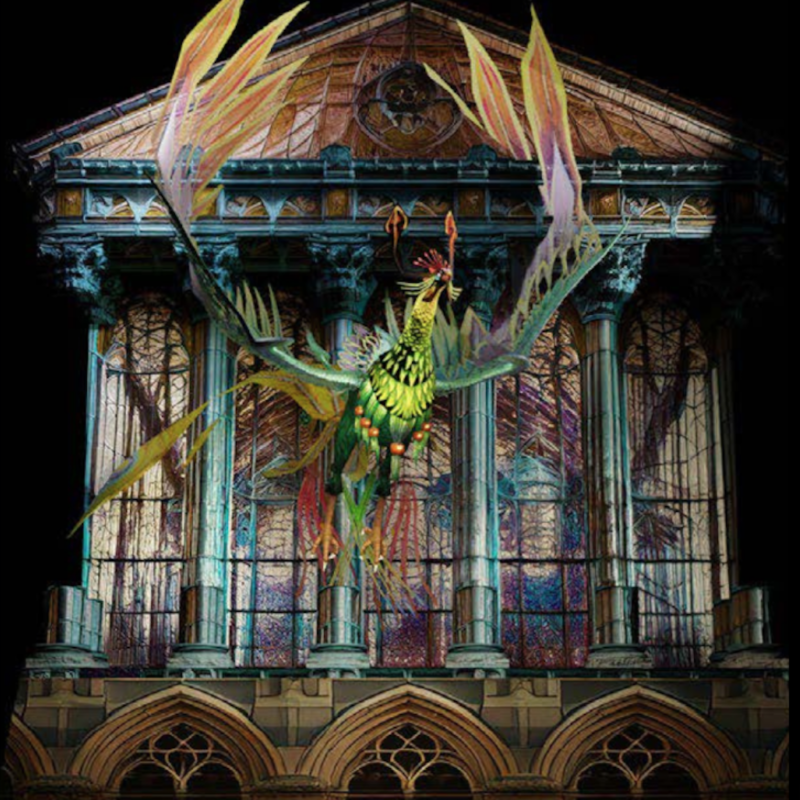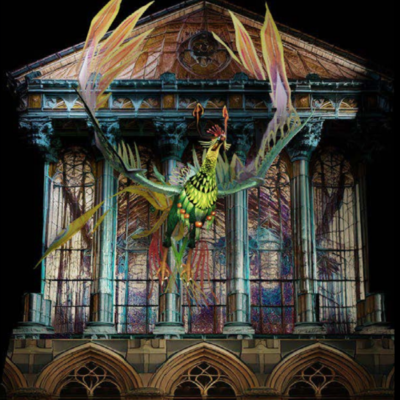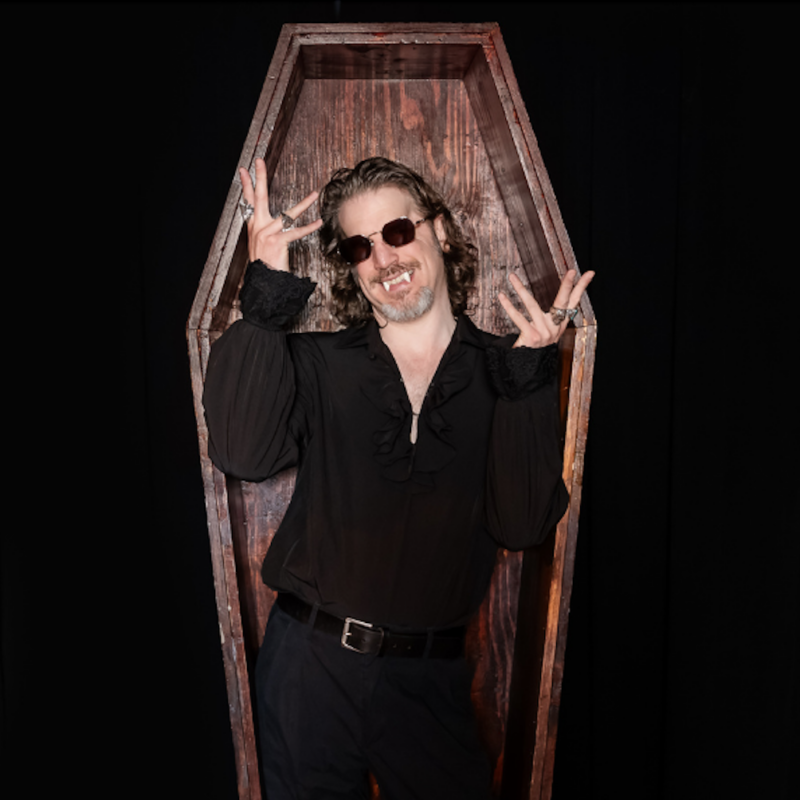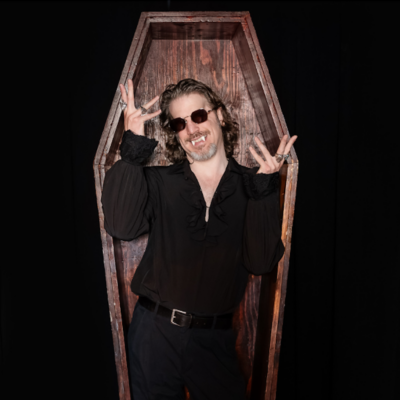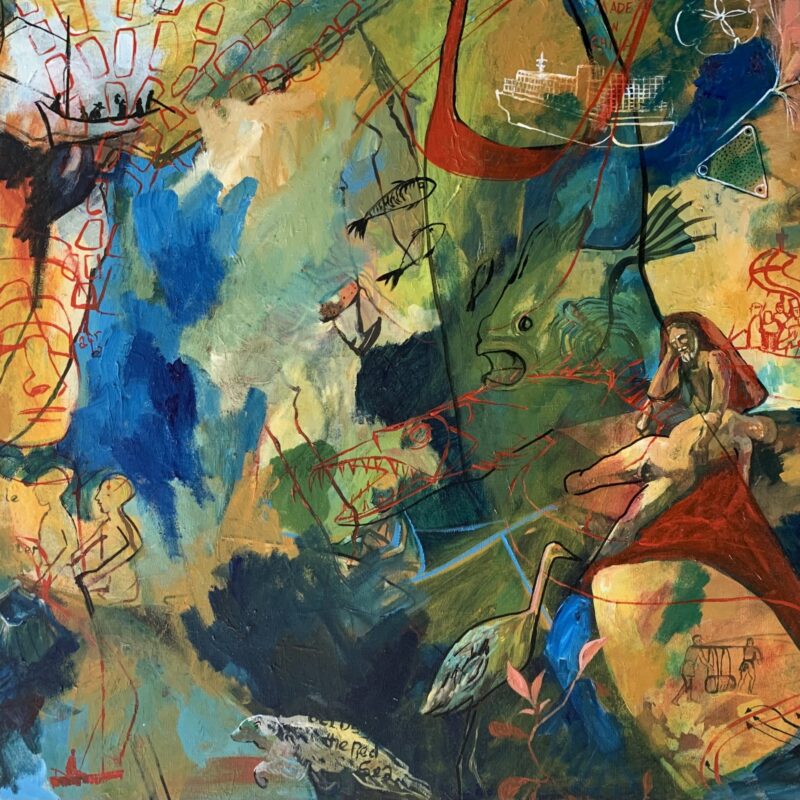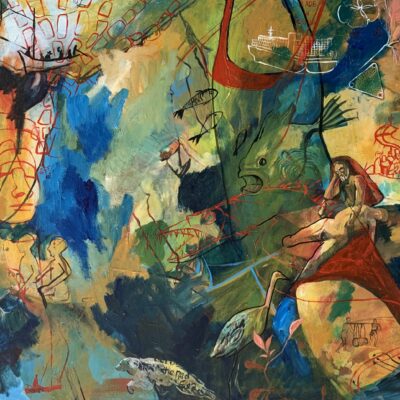Chris Smither has maintained a steady presence as an underground folk icon for the past five decades. His unassuming delivery offers rustic comfort, as he sings in a relaxed, weathered tenor that’s accompanied by front porch foot-tapping and blues-rooted finger-picking.
Smither grew up in New Orleans, Louisiana but he left home in 1965 to join the burgeoning folk scene in Cambridge, Massachusetts. This month he’s celebrating his long career with the release of Still on the Levee, a two-disc retrospective that reinterprets favorite songs from his 50-year run. To make the album, he returned to New Orleans and enlisted a diverse cast of backing musicians including his daughter Robin on fiddle and Crescent City piano legend Allen Toussaint. The expansive effort features reworked versions of his most beloved worldly tunes including “Love You Like a Man,” a song Bonnie Raitt made famous as “Love Me Like a Man.” Smither’s songs have also been recorded by the likes of Diana Krall and Emmylou Harris.
Smithers retrospective tour stops at the Southern Café and Music Hall on July 16.
C-VILLE Weekly: You made Still on the Levee back in New Orleans, where you grew up. How did the city shape you as a musician?
Chris Smither: That’s what I went to find out. I don’t notice that much New Orleans in my music, but other people do. To me it’s like asking a fish what it thinks about water. It’s just how it lives.
I was looking for the sense of getting back to the origins. To keep a song you’ve been playing for years alive and fresh, you have get back into the headspace of where you were when you wrote it. So it seemed appropriate, if I was going to do a 50-year retrospective, to go back to where I started.
It turned out to be wonderful. I had not spent that much time in New Orleans in one stretch since I left when I was 23.
You still name the old blues musicians Mississippi John Hurt and Lightnin’ Hopkins as your primary influences. Have you evolved as a musician through all this time?
I have to a certain extent, but I recognize that in a way I’m still standing on their shoulders. Those are the guys that taught me. I can listen to John Hurt now, and it’s not the puzzle to me that it was at age 18. But I wouldn’t know how to do those things if he wasn’t doing them first.
Leo Kottke once told me it’s hard for him to find other musicians to play with. With your foot-tapping and busy finger-picking, do you feel the same way?
It used to be hard, but it’s become easier as I’ve gotten older. Musicians like Leo or me, who are idiosyncratic and used to playing alone, don’t necessarily know how to talk about what they’re doing.
When I was making my first record (1970s I’m a Stranger Too!), the wonderful Richard Davis was playing bass. He asked me to explain a little coda in a song and I said, “I’ll try. I don’t know much about music. He stopped me and said, ‘You know a great deal about music. You just don’t know how to talk about it.’” That one little interchange taught me a lot.
As a musician who came up in folk clubs, what’s it like now to be playing in the digital age?
Access to my audience has vastly increased, thanks to the communications aspect. I’ve never done this well throughout my entire career. But most of the differences are really superficial. When it comes down to the nitty-gritty of actually sitting down on the stage, playing the show and trying to get people involved in the music, it’s exactly the same as it always was.
In September you’re being honored with a tribute album, Link of Chain, that features contributions by Loudon Wainwright III, Patty Larkin, Josh Ritter, and Bonnie Raitt, who had great success with your songs. What’s your take on being a songwriter’s songwriter?
When Bonnie first recorded my songs nobody knew who she was. I was fortunate that she became a star and the songs of mine that she recorded became signature pieces for her, especially “Love You Like a Man.” That certainly didn’t hurt me. But it’s a funny thing the way people pick up on songs.
There’s no formula for how to get it done unless you’re in country music. With this kind of music [folk] it happens by word of mouth through people you know.
I know for a fact that on this tribute record some of the artists [that participated] had never before heard any of my songs. They knew me by reputation. At this point, I’ve heard about half the tracks, and they’re really good. I wish I could play them like that.
Most people who’ve been working for 50 years are probably considering retirement. Thoughts?
If I didn’t do this, what would I be doing? Weed my carrots, I guess. I play about 100 shows a year, and that’s half of what I was doing at the peak. It feels like I’m loafing most of the time. I don’t ever envision quitting.
